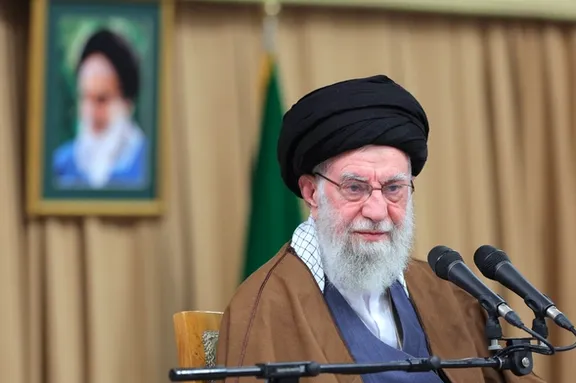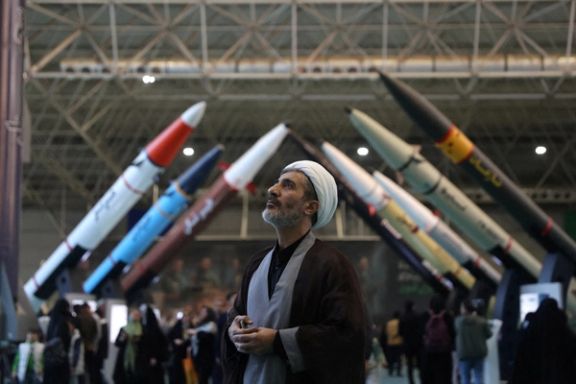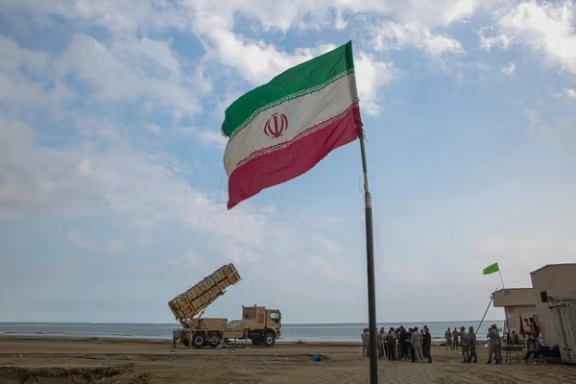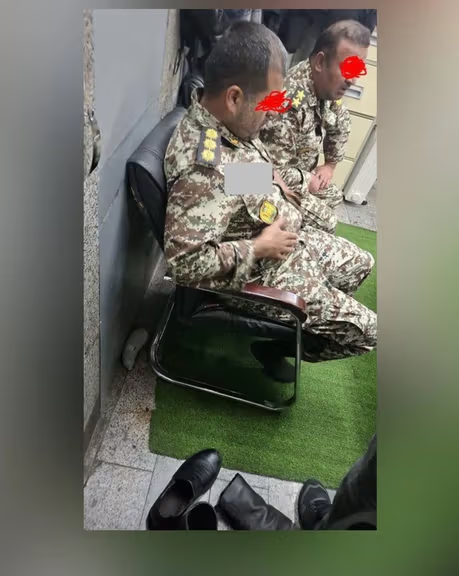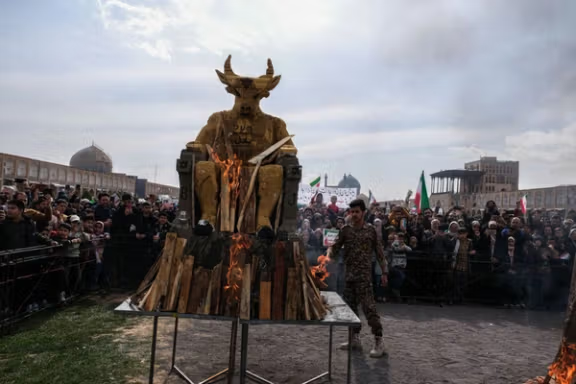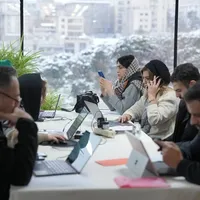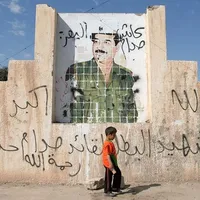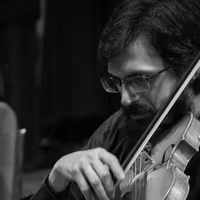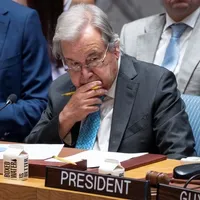The comments by Mehdi Fazaeli, a political analyst and member of the Office for the Preservation and Publication of the Works of the Supreme Leader, were a rare nod to the idea of dialogue with Tehran's arch-enemy from the theocrat's circle.
He is widely regarded as among the few officials authorized to interpret Khamenei's views.
Talks were ended by a surprise Israeli military campaign on Iran in June capped off by US attacks on Iranian nuclear sites. The negotiations have not resumed despite US entreaties as Khamenei led senior officials in accusing Washington of perfidy and aggression.
"Negotiations with the United States are not absolutely forbidden, but are only allowed if they are conditional, closely controlled, and in line with the system’s higher interests," Fazaeli told a diplomacy forum at Baqir al-Ulum University in the holy city of Qom, describing Khamenei's position. "No strategic trust in the United States exists."
"The Supreme Leader does not reject negotiations per se," he added, "but evaluates them based on their purpose and framework. Negotiations that imply retreat are unacceptable, but controlled, intelligent talks aimed at averting threats are permissible."
Despite what he described as deep strategic mistrust, Fazaeli said Khamenei has at times allowed narrow, issue-specific contacts “to safeguard higher national interests,” citing earlier talks on Iraq, Afghanistan and the nuclear issues.
Khamenei, 86, came out strongly against renewing talks with the United States after the June war killed hundreds of military personnel and civilians. Iranian counterattacks had killed 32 Israeli civilians and an off-duty soldier.
"The Americans sometimes say they would like to cooperate with Iran. Cooperation with Iran is not possible as long as the United States continues to support the accursed Zionist regime, maintains military bases, and interferes in the region," he said in a speech earlier this month.
US President Donald Trump said last month that the United States was ready to reach a deal “when Tehran is ready,” saying “the hand of friendship and cooperation is open.”
The United States wants Iran to halt domestic enrichment and rein in its missile program and support for armed allies in the region.
Tehran denies seeking a nuclear weapon citing a religious decree by Khamenei, rejects giving up its nuclear activities and has said discussions on its defense posture are a non-starter.
Fazaeli said Khamenei’s order against nuclear arms “is a ruling that remains fixed and cannot be changed,” adding that it bars “production, stockpiling and use”
The UN nuclear watchdog said on Wednesday it had not been able to check Iran’s enriched uranium stock for five months because Tehran has not allowed inspectors to reach the seven sites bombed in June. It said verification is “long overdue” and that it has lost “continuity of knowledge” of Iran’s nuclear material.
Before the attacks, inspectors had confirmed Iran held about 440 kilograms of uranium enriched to 60 percent purity.
Meanwhile, Foreign Minister Abbas Araghchi wrote to UN chief António Guterres on Wednesday saying Trump publicly admitted to directing Israel’s initial strikes on Iran, demanding the United Nations extract reparations from Washington.
